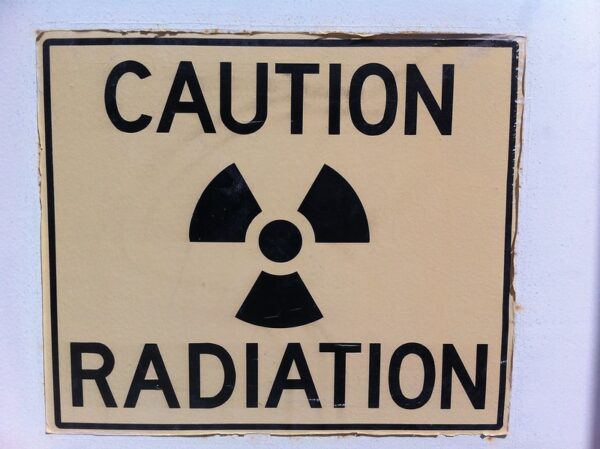
Eli Lilly, fresh off of a billion-dollar acquisition that cemented its place in targeted radiation therapies, has inked another deal that positions it to stock up its pipeline of radiopharmaceuticals for cancer.
According to deal terms announced Monday, Lilly is paying $140 million for the exclusive right to acquire startup Radionetics Oncology. The Indianapolis-based pharmaceutical giant may exercise that right upon the conclusion of an exercise period, during which Radionetics will build up its pipeline of targeted radiation therapies. The length of the exercise period was not disclosed. But if Lilly exercise its right to buy Radionetics, the deal calls for the pharma giant to pay $1 billion.
Late last year, Lilly paid $1.4 billion to acquire Point Biopharma, a clinical-stage company that also has its own radiopharmaceuticals manufacturing infrastructure. A radiopharmaceutical delivers a radioactive particle to cancer cells while sparing healthy tissue. San Diego-based Radionetics develops radiopharmaceuticals that target address G protein coupled receptors (GPCRs), receptors involved in a wide range of physiological processes in the body. Using a platform technology that discovers small molecules that bind to GPCRs, Radionetics develops therapies that go after GPCRs overexpressed on solid tumors.
The most advanced Radionetics program began Phase 1 testing last fall in adrenocortical carcinoma, a rare and aggressive cancer of the adrenal gland whose current treatment options include radiation therapy. The startup says it has other programs in development for cancers of the breast, lung, and other indications of high unmet need.
Radionetics traces its origins to Crinetics Pharmaceuticals, a clinical-stage biotech developing oral small molecule drugs that target GPCRs to treat endocrine diseases and endocrine-related tumors. In 2021, Crinetics spun out Radionetics as a standalone company, granting the startup a license to its technology for developing radiotherapeutics and radio-imaging agents. In exchange, Crinetics received an equity stake.
According to Crinetics’s annual report, it owned 26% of Radionetics as of the end of 2023. Early this year, Radionetics announced a $52.5 million Series A financing led by Frazier Life Sciences, 5AM Ventures, and DCVC Bio. The company said the new capital brought its total financing to date to $82.5 million.
“We are fortunate to have entered into an agreement with Lilly given its global development capability, oncology expertise, and the radiopharmaceutical experience and capabilities Lilly is building following the acquisition of Point Biopharma,” Radionetics CEO Paul Grayson said in a prepared statement.

Solving Healthcare’s Provider Data Problem Starts with Interoperability
Break down the silos. Take control of your provider data.
Several big pharma companies have been splashing out large sums to get their hands on radiopharmaceutical assets. After Lilly’s Point Biopharma M&A deal, Bristol Myers Squibb followed with the $4.1 billion acquisition of RayzeBio. Meanwhile, AstraZeneca joined the radiopharmaceuticals mix with the $2 billion acquisition of Fusion Pharma, a clinical-stage radiopharmaceuticals developer whose most advanced program is in mid-stage clinical testing for prostate cancer.
Photo by Flickr user John Jones via a Creative Commons license








